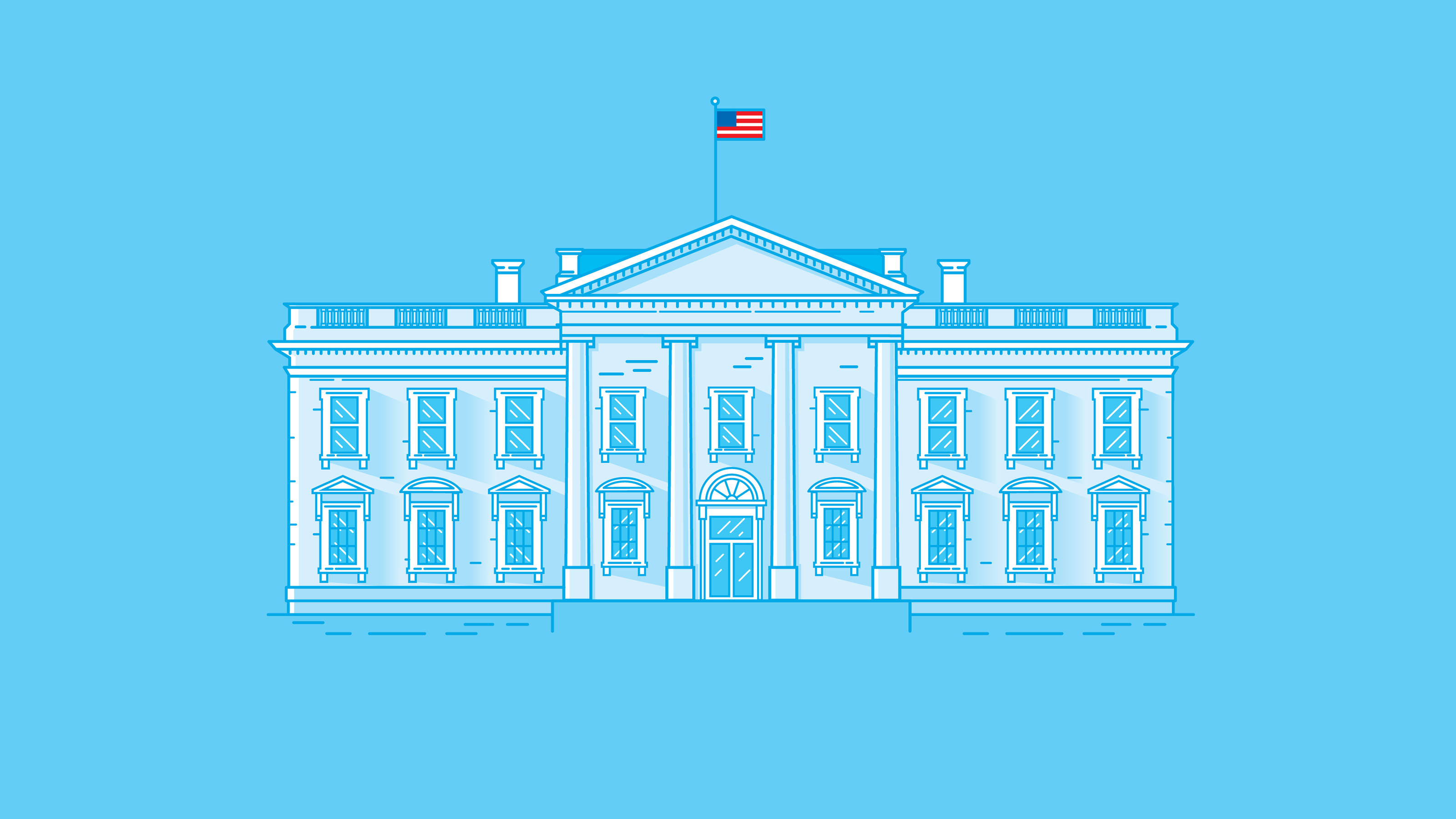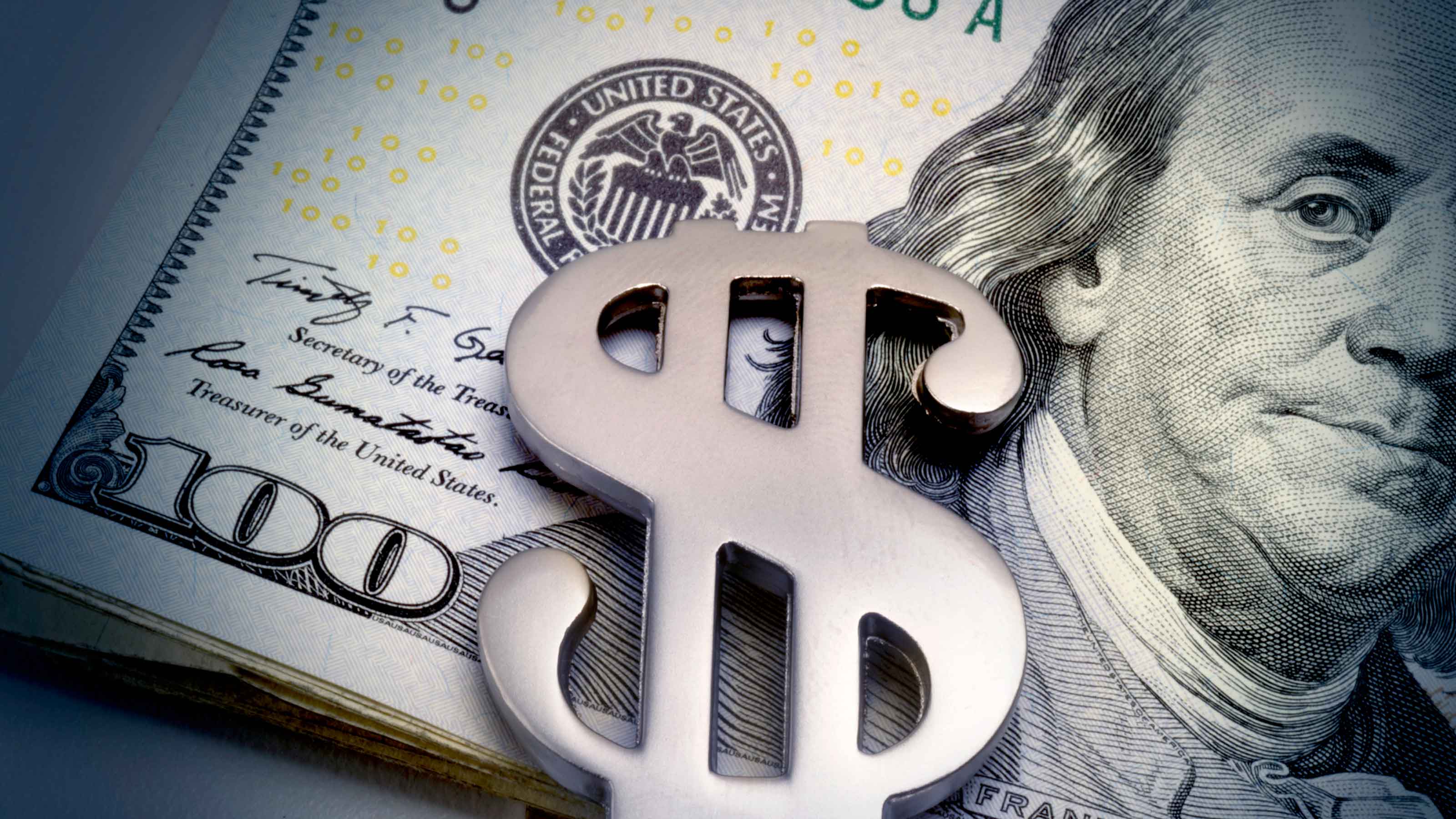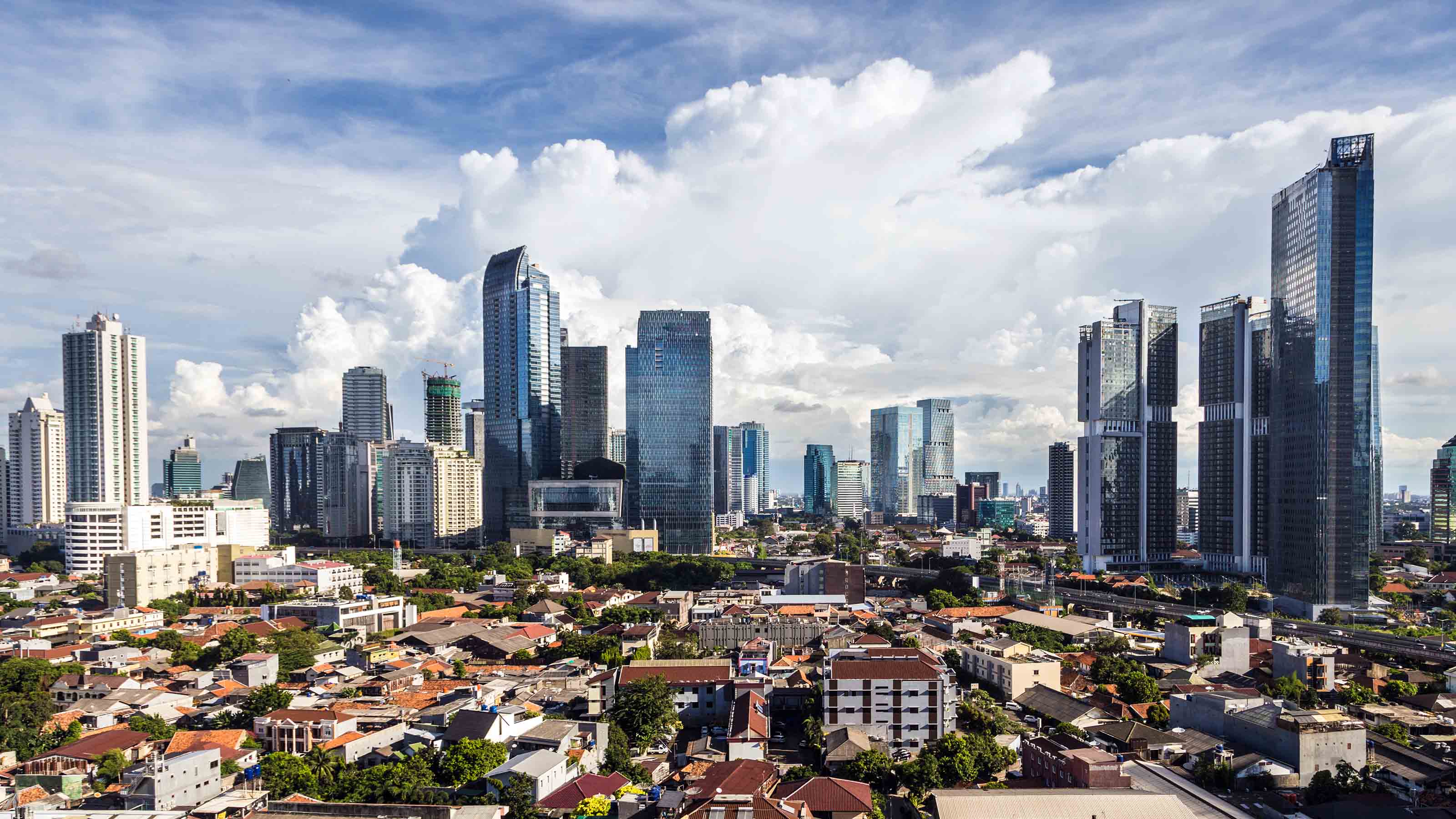Japan's Stock Market Rebounds Under Abenomics
U.S. investors should take note of the rally as Prime Minister Abe’s economic policies take hold.


Profit and prosper with the best of Kiplinger's advice on investing, taxes, retirement, personal finance and much more. Delivered daily. Enter your email in the box and click Sign Me Up.
You are now subscribed
Your newsletter sign-up was successful
Want to add more newsletters?

Delivered daily
Kiplinger Today
Profit and prosper with the best of Kiplinger's advice on investing, taxes, retirement, personal finance and much more delivered daily. Smart money moves start here.

Sent five days a week
Kiplinger A Step Ahead
Get practical help to make better financial decisions in your everyday life, from spending to savings on top deals.

Delivered daily
Kiplinger Closing Bell
Get today's biggest financial and investing headlines delivered to your inbox every day the U.S. stock market is open.

Sent twice a week
Kiplinger Adviser Intel
Financial pros across the country share best practices and fresh tactics to preserve and grow your wealth.

Delivered weekly
Kiplinger Tax Tips
Trim your federal and state tax bills with practical tax-planning and tax-cutting strategies.

Sent twice a week
Kiplinger Retirement Tips
Your twice-a-week guide to planning and enjoying a financially secure and richly rewarding retirement

Sent bimonthly.
Kiplinger Adviser Angle
Insights for advisers, wealth managers and other financial professionals.

Sent twice a week
Kiplinger Investing Weekly
Your twice-a-week roundup of promising stocks, funds, companies and industries you should consider, ones you should avoid, and why.

Sent weekly for six weeks
Kiplinger Invest for Retirement
Your step-by-step six-part series on how to invest for retirement, from devising a successful strategy to exactly which investments to choose.
After a gargantuan, four-decade bull market, Japan’s Nikkei 225 index blasted to an all-time closing high of 38,916 on Dec. 29, 1989. Japan had grown into an economic powerhouse, flooding world markets, including the U.S., with high-quality automobiles, electronics and other manufactured goods.
Then came the deluge. The Japanese stock market tumbled over the next two decades, finally hitting bottom in March 2009 at a shade above 7,000—a stunning decline of 82%. Rallies during that terrible bear market all flamed out.
But the outlook for Japan’s stock market is brightening. Over the past five years, the Nikkei index has returned an annualized 21.8% (net return based on yen currency). The gains have come under Prime Minister Shinzo Abe, who took office in December 2012 and just won re-election last week. His regime’s economic policies, known as “Abenomics,” feature monetary easing, fiscal stimulus and structural reforms of Japan’s floundering economy. (All returns are through Nov. 3 unless otherwise indicated.)
From just $107.88 $24.99 for Kiplinger Personal Finance
Become a smarter, better informed investor. Subscribe from just $107.88 $24.99, plus get up to 4 Special Issues

Sign up for Kiplinger’s Free Newsletters
Profit and prosper with the best of expert advice on investing, taxes, retirement, personal finance and more - straight to your e-mail.
Profit and prosper with the best of expert advice - straight to your e-mail.
The economic policies of Abe have boosted stock prices, for sure, but they have yet to spark a rise in consumer prices, which would, in turn, spur increases in corporate profits and employee pay. Inflation is still too low.
Recently, however, there have been some encouraging signs. Japan’s gross domestic product has grown in each of the last seven quarters, according to preliminary data on this year’s third quarter—the first prolonged growth spurt in more than decade. At the same time, the Nikkei surged on strong earnings reports to 22,539 in early November, a 21-year high, as Abe won re-election. So far this year, the Nikkei index is up 19.5% (net return based on yen), and the MSCI Japan index, which is denominated in U.S. dollars, has gained 18.4%.
The improvements in Japan’s economy and stock market stem both from Abenomics and the rapid growth in Asia outside Japan, especially China, says Taizo Ishida, co-manager of Matthews Japan fund (symbol MJFOX), which is closed to most new investors, and Matthews Asia Growth (MPACX), which has 36% of assets in Japan.
Ishida, who was born in Japan and has been investing in Asian stocks for 30 years, says rising incomes in Asia have triggered increasing demand from an emerging middle class, which views many Japanese products as superior in quality to those made domestically. “All of a sudden, if you’re trying to sell stuff to Asia, you can,” he says.
He cites a Japanese company called Pigeon, which makes baby care products such as glass bottles for nursing, to illustrate his thesis. Japan has a population of 126 million, but for the first time in recorded history the number of newborns fell below 1 million last year, making for a limited baby care market.
With a population above 1.3 billion, China had nearly 18 million new babies last year. “So Pigeon went to China,” Ishida says. Consequently, the firm’s revenue and earnings have climbed as profit margins have doubled. (Pigeon does have an American Depositary Receipt available to U.S. investors that trades under symbol PGENY, but the ADR suffers from tiny volume and huge spreads between the bid and the asked price.)
Ishida says that Japanese companies have changed in recent years, albeit at a frustratingly slow pace. Corporate executives have begun to take shareholder value into account. And Japanese institutional investors, such as insurance companies, banks and pension plans, have grown more sensitive to value and profits in choosing their Japanese stock investments.
Individual investors, meanwhile, largely ignore Japan. Most Japanese are understandably reluctant to buy stocks after the long, brutal bear market. Most of their money ends up in deposit accounts that pay little or nothing in interest.
Institutional investors outside Japan, concerned about Japan’s lingering economic problems, have also tended to give Japan’s stocks short shrift, Ishida says. This is so even though many Japanese companies are global companies, no more tied to the domestic economy than Nestle (NSRGY) or Novartis (NVS) are tied to Switzerland’s economy. Consequently, the MSCI Japan index trades at price-earnings ratio of just 14 based on analysts’ earnings forecasts for the next 12 months.
No question, though, Japan still faces enormous challenges. Demographically, it has a population that’s aging at one of the fastest rates of any developed country. Not only is the birth rate low, but Japan has never been welcoming of immigrants. As a result, the country’s population is declining.
How to Invest in Japan
If you can buy shares of the Matthews Japan fund, it’s my favorite, but Matthews funds, in general, have been superb performers, so Matthews Asia Growth is a good choice for broad Asia investment. Annual expenses on the funds are 0.98% and 1.14% respectively.
For a pure Japan play in a fund that’s open to all comers, consider T. Rowe Price Japan (PRJPX). Manager Archibald Ciganer has only been at the helm since December 2013, but the fund has returned an annualized 11.3% since then—an average of 3.9 percentage points per year higher than the MSCI Japan index. Based in Tokyo, Ciganer speaks fluent Japanese, and doubles as a T. Rowe stock analyst. The fund has only $649 million in assets—another plus. Expenses are 1.02% annually.
For those who prefer exchange-traded funds, Xtrackers Japan JPX-Nikkei 400 Equity ETF (JPN) is a good choice with annual expenses of just 0.15%. The ETF tracks the JPX-Nikkei 400 Total Return index, a benchmark that screens for high-quality companies.
You may have all the exposure to Japan you want in your diversified foreign stock funds. But if your foreign funds have below about 15% to 20% in Japan, consider upping your Japanese exposure. The sun may rise again.
Steven Goldberg is an investment adviser in the Washington, D.C., area.
Profit and prosper with the best of Kiplinger's advice on investing, taxes, retirement, personal finance and much more. Delivered daily. Enter your email in the box and click Sign Me Up.

-
 How Much It Costs to Host a Super Bowl Party in 2026
How Much It Costs to Host a Super Bowl Party in 2026Hosting a Super Bowl party in 2026 could cost you. Here's a breakdown of food, drink and entertainment costs — plus ways to save.
-
 3 Reasons to Use a 5-Year CD As You Approach Retirement
3 Reasons to Use a 5-Year CD As You Approach RetirementA five-year CD can help you reach other milestones as you approach retirement.
-
 Your Adult Kids Are Doing Fine. Is It Time To Spend Some of Their Inheritance?
Your Adult Kids Are Doing Fine. Is It Time To Spend Some of Their Inheritance?If your kids are successful, do they need an inheritance? Ask yourself these four questions before passing down another dollar.
-
 White House Probes Tracking Tech That Monitors Workers’ Productivity: Kiplinger Economic Forecasts
White House Probes Tracking Tech That Monitors Workers’ Productivity: Kiplinger Economic ForecastsEconomic Forecasts White House probes tracking tech that monitors workers’ productivity: Kiplinger Economic Forecasts
-
 Investing in Emerging Markets Still Holds Promise
Investing in Emerging Markets Still Holds PromiseEmerging markets have been hit hard in recent years, but investors should consider their long runway for potential growth.
-
 Stocks: Winners and Losers from the Strong Dollar
Stocks: Winners and Losers from the Strong DollarForeign Stocks & Emerging Markets The greenback’s rise may hurt companies with a global footprint, but benefit those that depend on imports.
-
 5 Exciting Emerging Markets Funds to Buy
5 Exciting Emerging Markets Funds to BuyForeign Stocks & Emerging Markets Emerging markets funds haven't been immune to global inflationary pressures. But now might be the time to strike on these high-risk, high-reward products.
-
 African Stocks: Investing in the Last Great Emerging Market
African Stocks: Investing in the Last Great Emerging MarketForeign Stocks & Emerging Markets A massive middle class and rapid technology-enabled development could turn African stocks into growth darlings over the next two decades.
-
 ESG Gives Russia the Cold Shoulder, Too
ESG Gives Russia the Cold Shoulder, TooESG MSCI jumped on the Russia dogpile this week, reducing the country's ESG government rating to the lowest possible level.
-
 India Is on a Tear
India Is on a TearForeign Stocks & Emerging Markets Massive modernization presents opportunities for investors.
-
 Wasatch Emerging Markets Small Cap Goes Its Own Way
Wasatch Emerging Markets Small Cap Goes Its Own WayForeign Stocks & Emerging Markets This emerging-markets stock fund isn't afraid to stray from the pack.